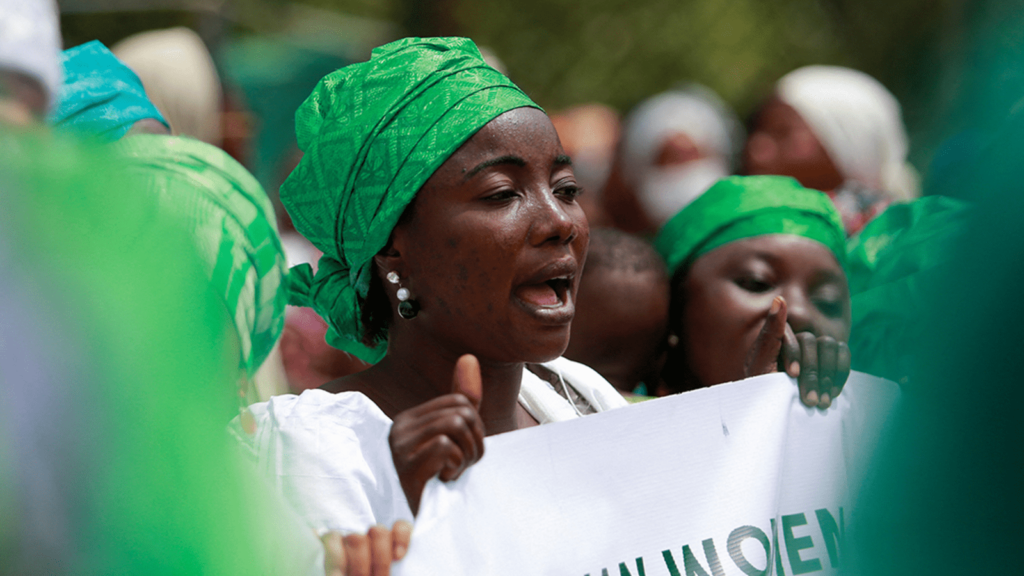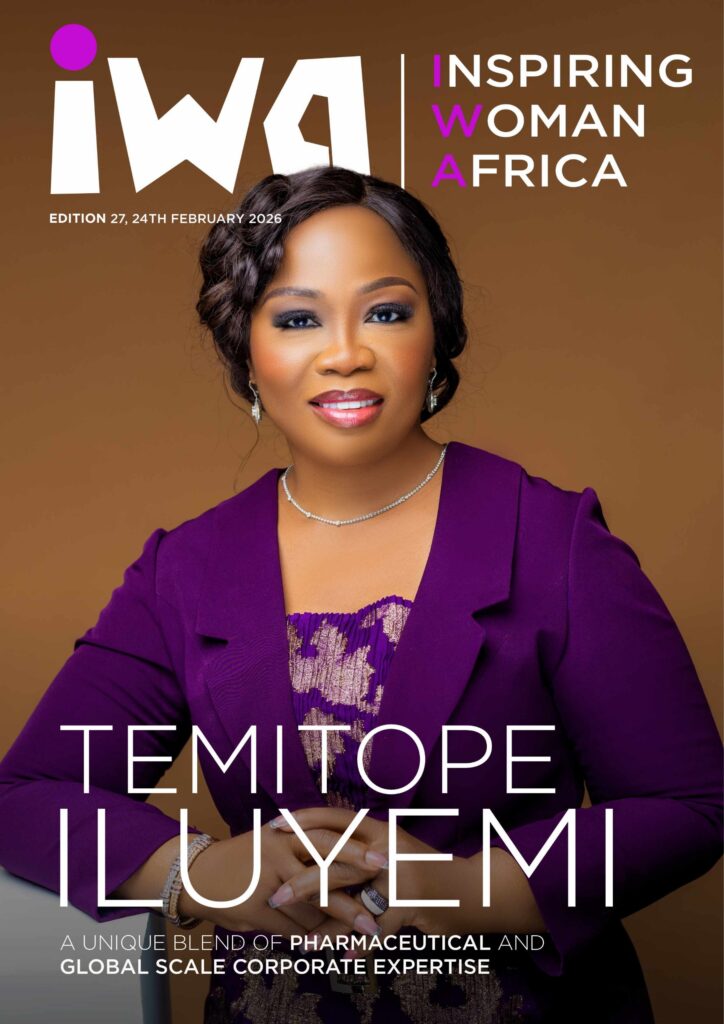
November 17, 2025, the public hearing on constitutional amendments and amongst the top considerations was the Reserved Seats for Women Bill. Women across the country are uniting behind what could become one of the most transformative legislative reforms in Nigeria’s democratic history. The Bill, which seeks to amend the 1999 Constitution to create special seats reserved exclusively for women in federal and state legislatures, this represents more than a political reform, it is a social justice imperative and a long overdue corrective measure to decades of structural exclusion of women from decision making spaces.
For years, Nigerian women have remained severely under-represented in governance. Despite making up roughly half of the country’s population, women currently occupy less than 6% of seats in the National Assembly and fewer than 5% in State Houses of Assembly. The 2023 general elections saw only 17 women elected into the 469 member National Assembly, one of the lowest figures in Africa. This under-representation not only undermines Nigeria’s democratic ideals but also denies the nation the benefits of diverse leadership and inclusive policy making.
The Reserved Seats for Women Bill, sometimes referred to as the “Special or Additional Seats Bill,” proposes to reserve one additional seat for women in each state and the Federal Capital Territory in both the Senate and the House of Representatives. At the state level, the Bill proposes three additional seats per State House of Assembly, one per senatorial district. More importantly, these new seats will not displace existing lawmakers but rather expand the legislative structure to ensure greater inclusion. The Bill also includes a review clause after four electoral cycles (16 years) to assess progress and determine whether the measure should continue or be adjusted.
The public hearing presents women an unprecedented opportunity to make their voices heard. Civil society organisations, women’s networks, academia, and traditional and religious leaders presenting memoranda in support of the Bill, highlighting its potential to advance gender equity, deepen democracy, and strengthen governance. This is about women moving from the margins to the mainstream of political participation, bridging the gap between constitutional promises and lived realities.
Why This Bill Matters for Nigerian Women
Beyond numerical representation, the Reserved Seats Bill holds immense transformative potential for women’s empowerment and national development. Representation matters, women in politics champion issues that affect families and communities, such as education, healthcare, gender-based violence (GBV), maternal health, and inclusive economic policies. Evidence from countries such as Rwanda, Tanzania, and Senegal, where similar temporary special measures exist, shows that women’s participation has led to stronger social legislation and more accountable governance.
In Nigeria’s context, the Bill aligns with the 35 per cent Affirmative Action provision as enshrined in the National Gender Policy and Nigeria’s commitments under UN Security Council Resolution 1325 on Women, Peace and Security. It reinforces the principle that women’s participation is not a privilege but a constitutional and democratic right. By creating a constitutional pathway for women’s entry into politics, the Bill seeks to dismantle deep seated cultural, economic, and structural barriers that have historically kept women out of competitive politics.
Furthermore, women’s increased representation would enhance policy responsiveness to gender related challenges. Legislatures with more women tend to prioritise laws on GBV prevention, social protection, education, and equitable budgeting. With insecurity, unemployment, and poverty disproportionately affecting women and girls, inclusive representation will make governance more reflective of citizens’ realities.
The Path Ahead: A Call to Action
The hearing is not merely a procedural formality; it is a defining moment for Nigeria’s democracy. It provides an opportunity for every stakeholder, lawmakers, political parties, civil society, and citizens to reflect on what inclusive governance truly means. Supporting this Bill is not about displacing men but about strengthening Nigeria’s democratic foundations and ensuring that no gender is left behind in nation building.
The National Assembly must therefore demonstrate courage and foresight by listening to the voices of conscience and passing the Bill without delay. For Nigeria to achieve the Sustainable Development Goals (SDGs), particularly Goal 5 on Gender Equality and Goal 16 on Peace, Justice and Strong Institutions, the participation of women at all levels of governance is indispensable.
The result of this convergence and public hearing should be that women across Nigeria; rural and urban, young and old, spoke out as one voice. The Reserved Seats for Women Bill should not just be a women’s issue; it must be a national development priority. By passing this Bill, Nigeria will take a historic step toward inclusive democracy, gender justice, and a future where women’s voices shape the destiny of the nation.
Dr. Asmau Benzies Leo is a development practitioner with extensive national and international expertise in gender equality, peace-building, governance, and humanitarian action. She holds a PhD in Public Governance and Leadership, a Master’s degree in Conflict Management and Peace Studies, and executive certifications from leading institutions including Howard University, Harvard University and Glasgow Caledonian University. As Executive Director of the Centre for Non-violence and Gender Advocacy in Nigeria (CENGAIN), she has led ground-breaking advocacy initiatives on women’s political participation, gender-based violence prevention, and security sector reform across multiple World Bank, UN and EU-supported projects.
Latest Posts
-
Feb 24, 2026 Busie Matsiko
-
Feb 24, 2026 Seven Money Moves to Make Today






